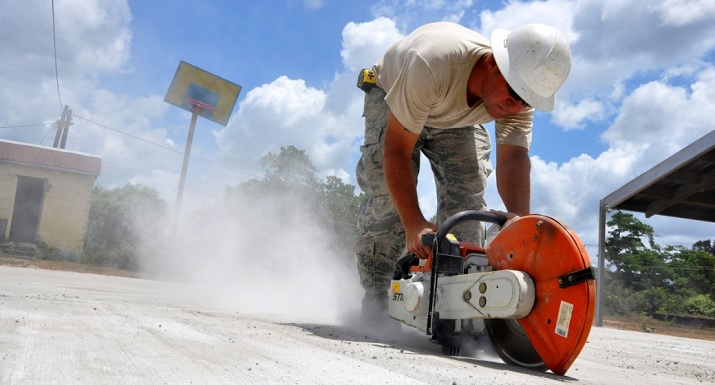
State medical marijuana programs are associated with year-over-year declines in fatal workplace accidents, according to data published in The International Journal of Drug Policy.
Investigators with Montana State University, Colorado State University, and American University in Washington, DC assessed the relationship between the enactment of medical marijuana laws and workplace accidents during the years 1992 to 2015.
Researchers reported: “Legalizing medical marijuana was associated with a 19.5 percent reduction in the expected number of workplace fatalities among workers aged 25-44. … The association between legalizing medical marijuana and workplace fatalities among workers aged 25-44 grew stronger over time. Five years after coming into effect, MMLs [medical marijuana laws] were associated with a 33.7 percent reduction in the expected number of workplace fatalities. Medical marijuana laws that listed pain as a qualifying condition or allowed collective cultivation were associated with larger reductions in fatalities among workers aged 25-44 than those that did not.”
Authors described the association as “robust,” suggesting that the relationship “cannot be explained by slowly evolving, but difficult-to-measure factors at the state level such as attitudes or health behaviors.”
They concluded: “The current study is the first to explore the effects of medical marijuana laws on workplace fatalities. Our results suggest that legalizing medical marijuana leads to a reduction in workplace fatalities among workers aged 25-44. This reduction may be the result of workers substituting marijuana in place of alcohol and other substances that can impair cognitive function and motor skills.”
Separate studies evaluating the relationship between medical cannabis access and employment have reported that legalization is associated with lower rates of workplace absenteeism and with increased participation rates among older employees. Other studies have documented lower rates of both alcohol sales and opioid consumption following the enactment of marijuana legalization.
 Idaho Marijuana | ID Marijuana Idaho Marijuana News and Information
Idaho Marijuana | ID Marijuana Idaho Marijuana News and Information


